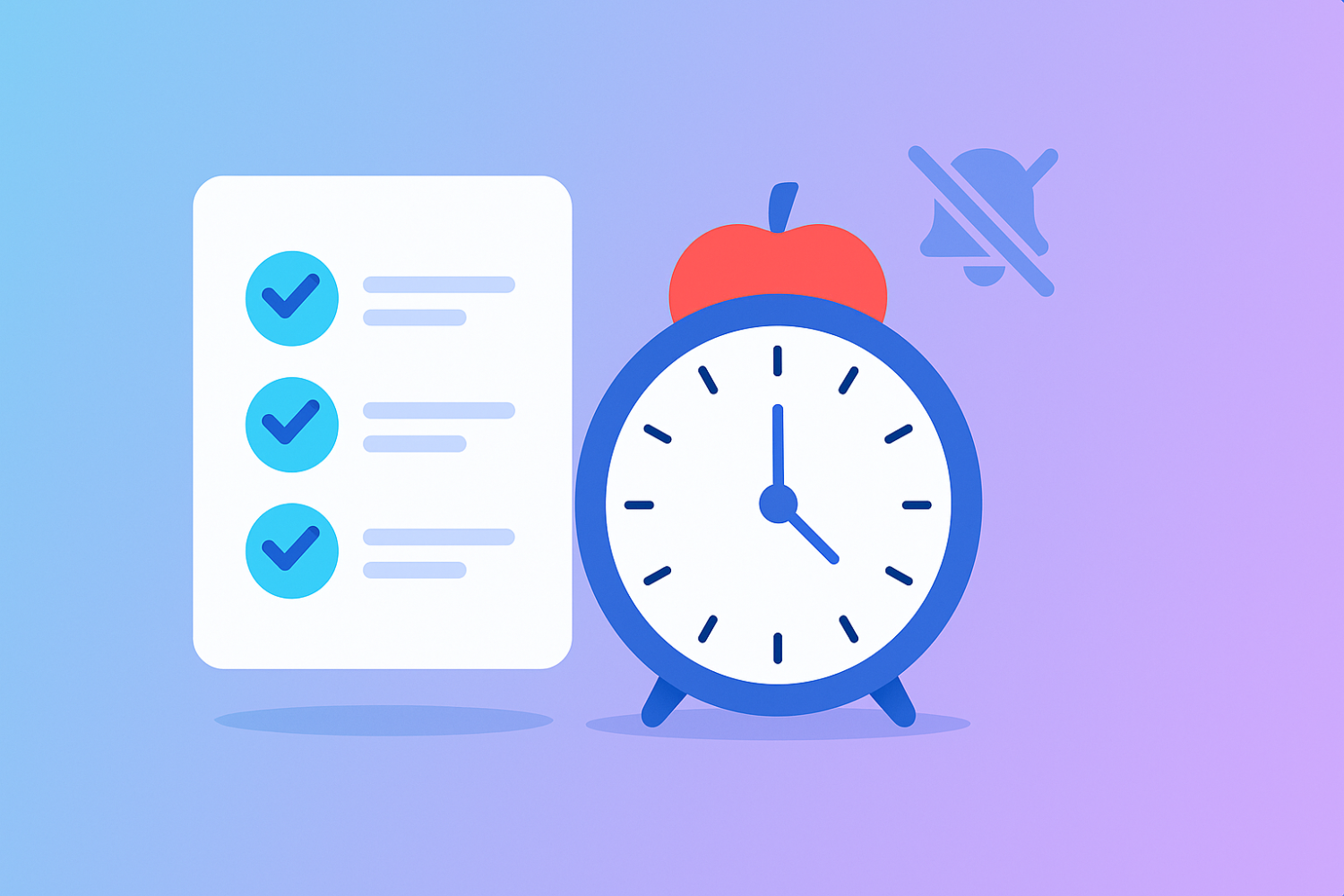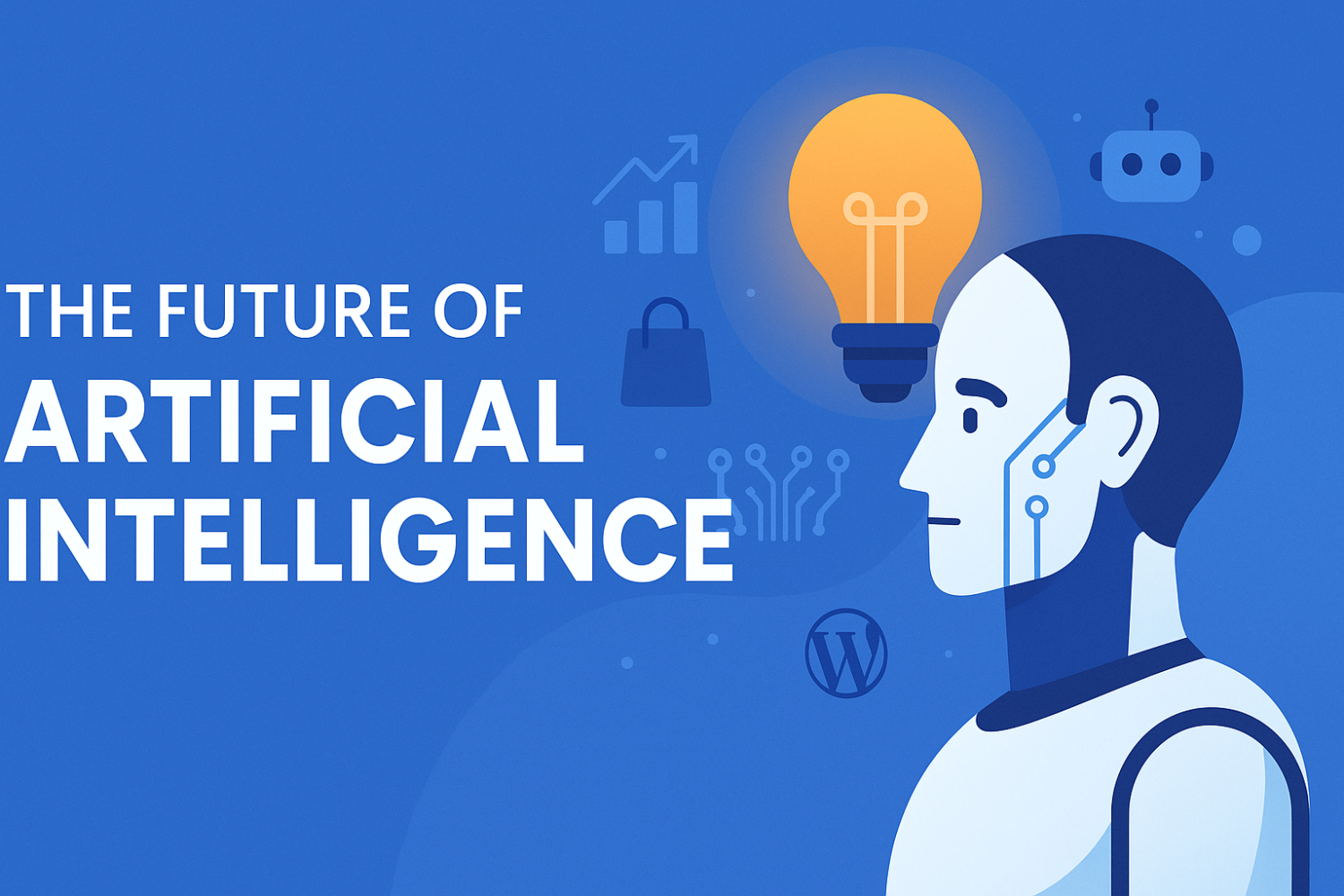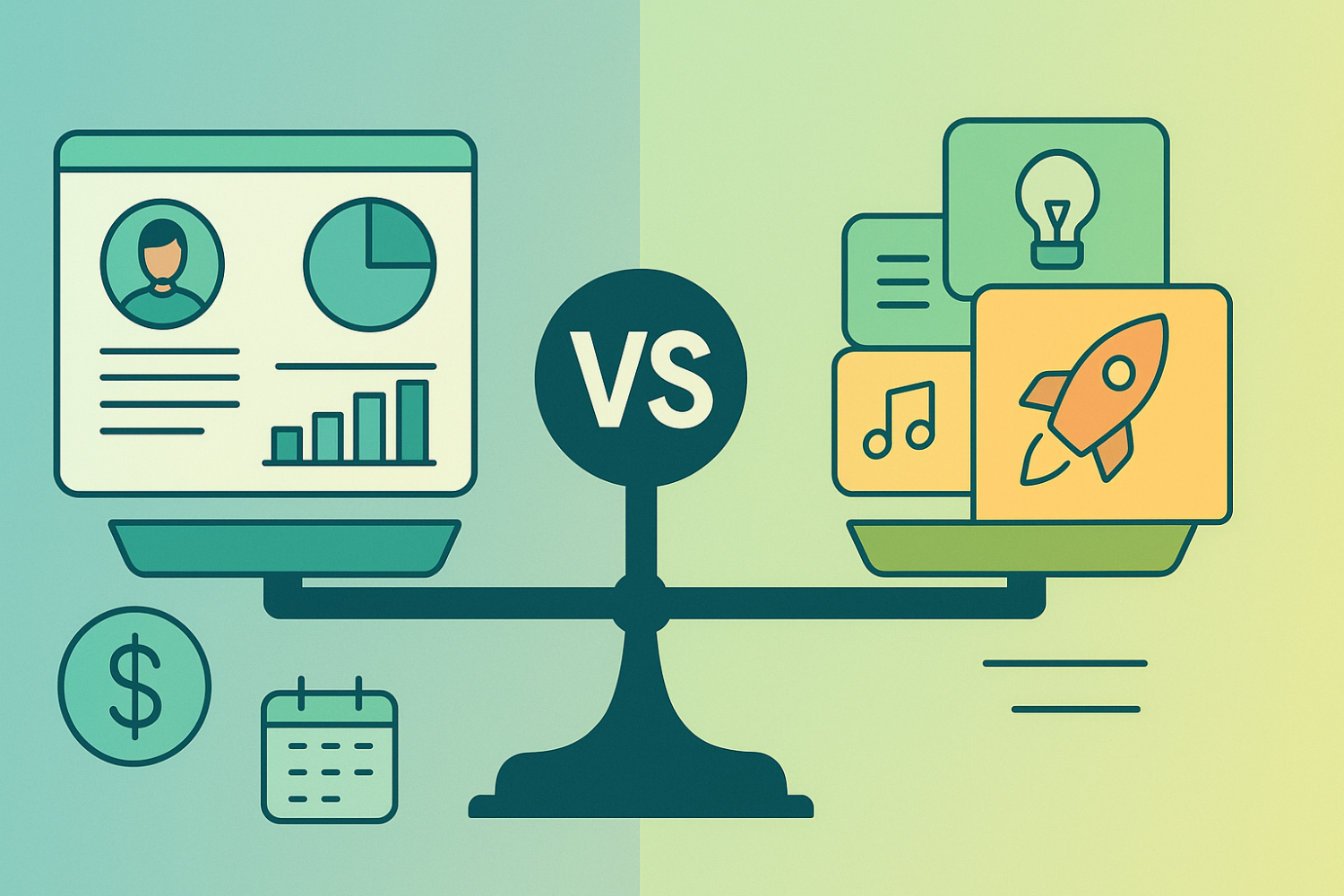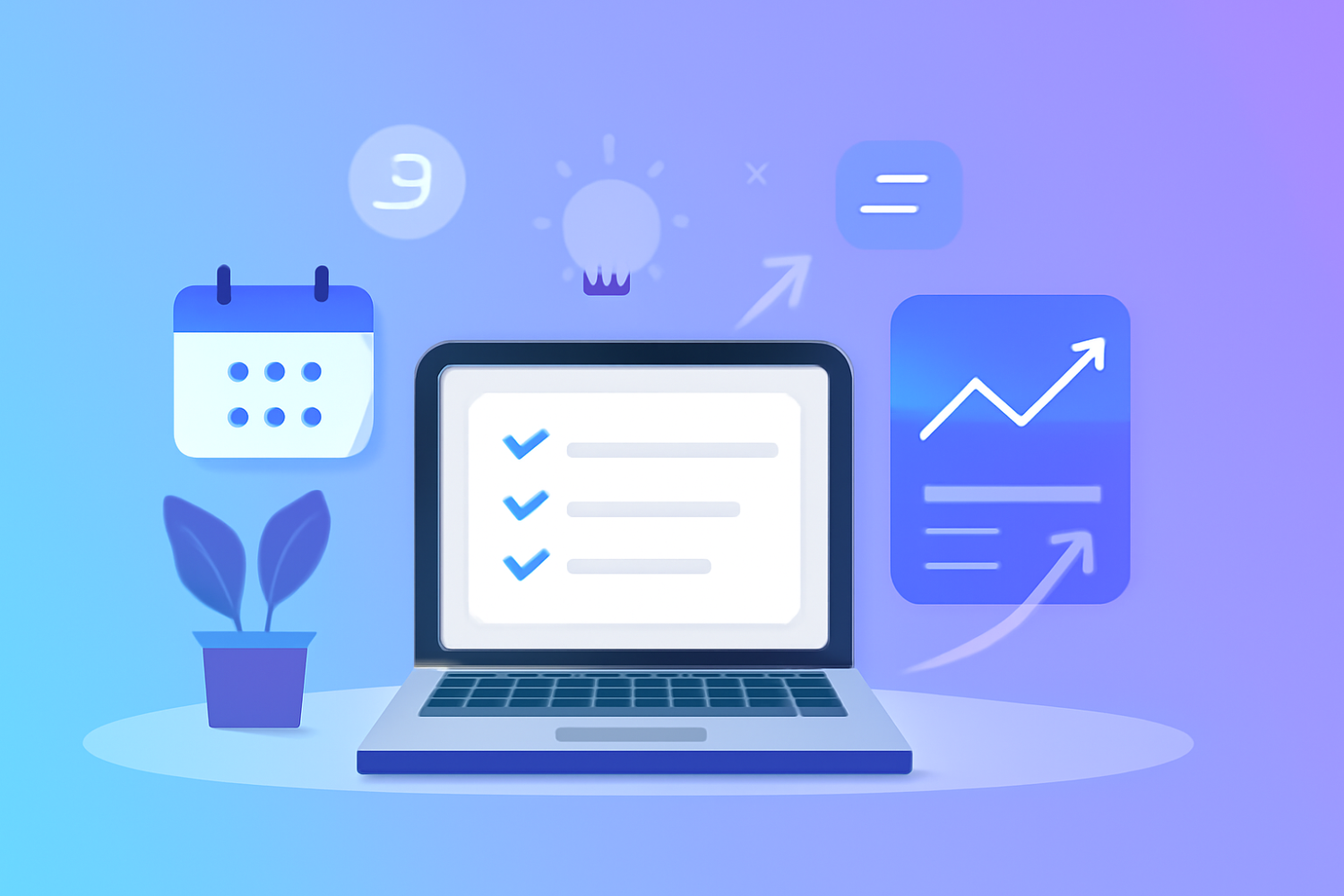Comparing Advanced AI Models: ChatGPT vs. Gemini
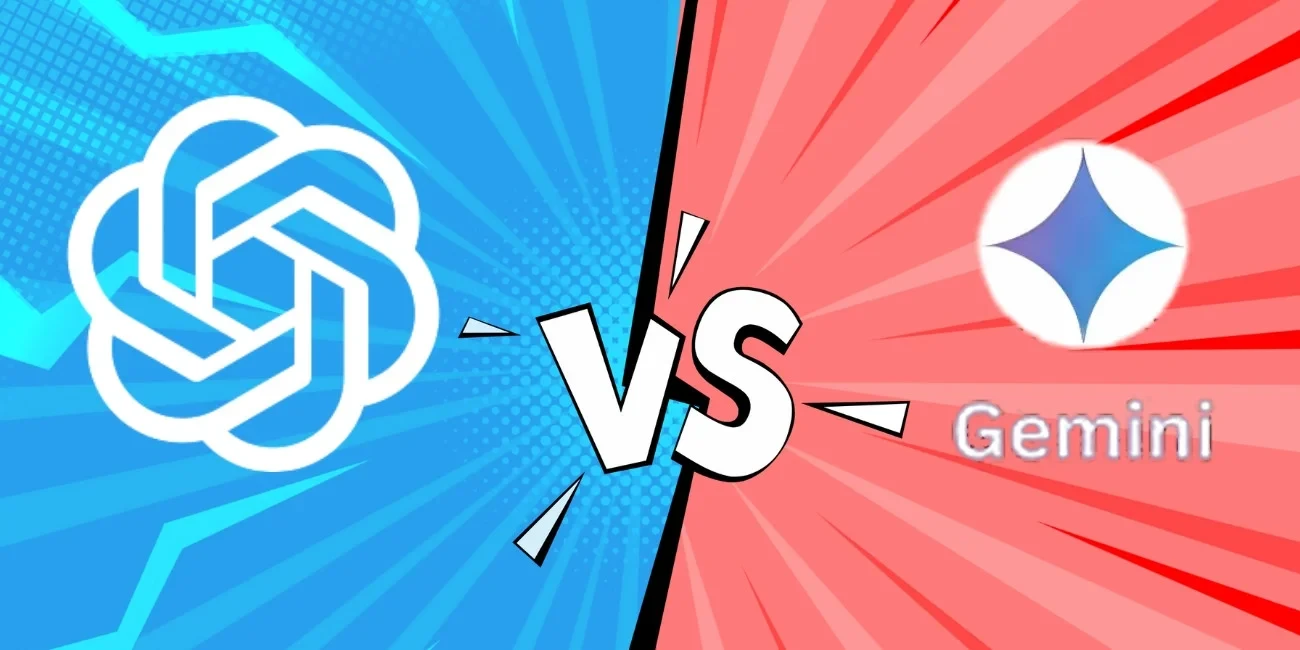
Introduction to AI Models
Artificial Intelligence (AI) has emerged as a transformative technology that has reshaped various sectors, including healthcare, finance, education, and customer service. The rise of advanced AI models signifies a crucial evolution in the capabilities of artificial intelligence, facilitating more sophisticated applications and services than ever before. In recent years, notable models such as ChatGPT and Gemini have captured significant attention due to their impressive functionalities and potential applications.
ChatGPT, developed by OpenAI, is an advanced AI assistant designed primarily for natural language processing tasks. Its capabilities include text generation, conversation simulations, and language comprehension, making it a valuable tool for businesses and individuals seeking to enhance communication and automate responses. The features of ChatGPT have proven beneficial in customer support, content creation, and even education, showcasing its versatility in various applications.
On the other hand, Gemini AI represents another leap in the domain of artificial intelligence. With its emphasis on leveraging vast datasets and complex algorithms, Gemini aims to provide nuanced insights and facilitate decision-making processes across diverse industries. The AI capabilities of Gemini demonstrate a focus on optimizing user experience by not only understanding requests but also interpreting the underlying context to provide more relevant and accurate responses.
The growing significance of these advanced AI models is evident through their increasing integration into everyday tasks. As businesses continue to adopt AI-driven solutions, they aim to improve efficiency and enhance customer engagement. Companies are particularly interested in understanding the intricacies of the chatgpt vs gemini,ai comparison to determine which model best aligns with their needs and objectives. This comparative analysis will shed light on their development trajectories, performance characteristics, and potential future impact in the AI landscape.
Capabilities of ChatGPT and Gemini
The evolution of artificial intelligence has led to the development of advanced AI models such as ChatGPT and Gemini, each designed to perform sophisticated tasks in natural language understanding and generation. ChatGPT, developed by OpenAI, has gained considerable attention due to its impressive capabilities in generating human-like text responses. It excels in context understanding and can answer queries, write essays, and even engage in conversations that closely resemble human interaction. Its features allow it to understand prompts and provide coherent and contextually relevant responses, making it a powerful AI assistant in various applications.
On the other hand, Gemini is another advanced AI introduced by Google DeepMind, aimed at enhancing users' experience through its versatility in language tasks. This model is designed with additional layers of context awareness, enabling it to engage with more complex queries and provide more nuanced outputs. Gemini showcases robust AI capabilities that include not only text generation but also data analysis and multi-modal learning, capable of interpreting images alongside text. Its architecture supports deeper reasoning and comprehension, offering a competitive edge in scenarios that require complex problem solving and exploratory analysis.
When considering the ChatGPT vs. Gemini.ai comparison, it is essential to acknowledge the strengths and weaknesses of each model. For instance, while ChatGPT is widely accessible and user-friendly, with a focus on conversational skills, Gemini’s advanced processing power allows for a comprehensive analysis of multifaceted data. Real-world examples display that ChatGPT often excels in straightforward conversational tasks, whereas Gemini shines in scenarios requiring sophisticated reasoning and detailed insights. Both models demonstrate remarkable AI capabilities, making them invaluable tools in today's AI landscape, catering to a diverse range of user requirements and preferences.
Feature Comparison between ChatGPT and Gemini
When evaluating the leading AI models available today, a comprehensive analysis of their features is essential. In the comparison of ChatGPT vs. Gemini, two advanced AI models, several distinctions can be noted in their user interface, customization capabilities, and integrative functionalities. These factors play a significant role in enhancing user experience and aiding decision-making for potential users.
ChatGPT offers an intuitive user interface that is designed for seamless interaction. Users can easily navigate through its capabilities, enabling efficient communication and information retrieval. Additionally, ChatGPT provides extensive customization options, allowing users to tailor the model's responses according to their requirements. This flexibility empowers users to engage with the AI assistant in a manner that best fits their specific needs, whether it's for casual inquiries or more complex problem-solving scenarios.
On the other hand, Gemini stands out due to its robust integration capabilities with various platforms and applications. This advanced AI model not only communicates effectively but can also connect with numerous external services, enhancing its functionality in real-world applications. The fusion of Gemini's conversational abilities with third-party tools can significantly optimize workflows, making it a valuable asset for businesses seeking efficiency and innovation.
Moreover, both AI models incorporate advanced AI capabilities that allow them to understand and generate contextually relevant responses. However, Gemini distinguishes itself further with specific functionalities designed for specialized tasks, which can provide an edge in particular use cases. Therefore, while both offer core features common to AI models, their unique attributes can cater to differing user requirements, ultimately influencing the choice between ChatGPT and Gemini.
Use Cases: Choosing the Right AI Assistant
When evaluating advanced AI models such as ChatGPT and Gemini, it is critical to consider the specific use cases that align with personal or business needs. Both AI assistants offer unique features that cater to diverse industries and user requirements, influencing the decision on which tool may prove more beneficial in particular scenarios.
For personal use, ChatGPT is favored for its conversational abilities and adaptability. It excels in generating text-based responses that mimic human interactions, making it suitable for tasks such as casual conversations, tutoring, or creative writing assistance. Users appreciate ChatGPT for its user-friendly interface and its capability to provide instant help with writing tasks or brainstorming ideas, which can significantly improve productivity for individuals seeking a versatile AI companion.
On the other hand, Gemini is designed with business applications in mind, demonstrating remarkable AI capabilities in enterprise-level tasks. Gemini’s advanced AI models support complex data analysis, making it ideal for professionals in industries such as finance, healthcare, and marketing. This AI assistant can handle larger datasets and provide actionable insights, which is invaluable for business decision-making and operational efficiency. Moreover, Gemini’s integration with existing business tools enhances its utility in streamlining workflows and automating routine tasks.
Ultimately, the choice between ChatGPT and Gemini hinges on the intended purpose. Individuals seeking an AI assistant for entertainment or personal project collaboration may prefer ChatGPT for its conversational nuances, while businesses requiring sophisticated data handling and analytics may opt for Gemini due to its robust functionalities. By understanding the unique use cases of each AI model, users can make informed decisions that best suit their specific needs.
